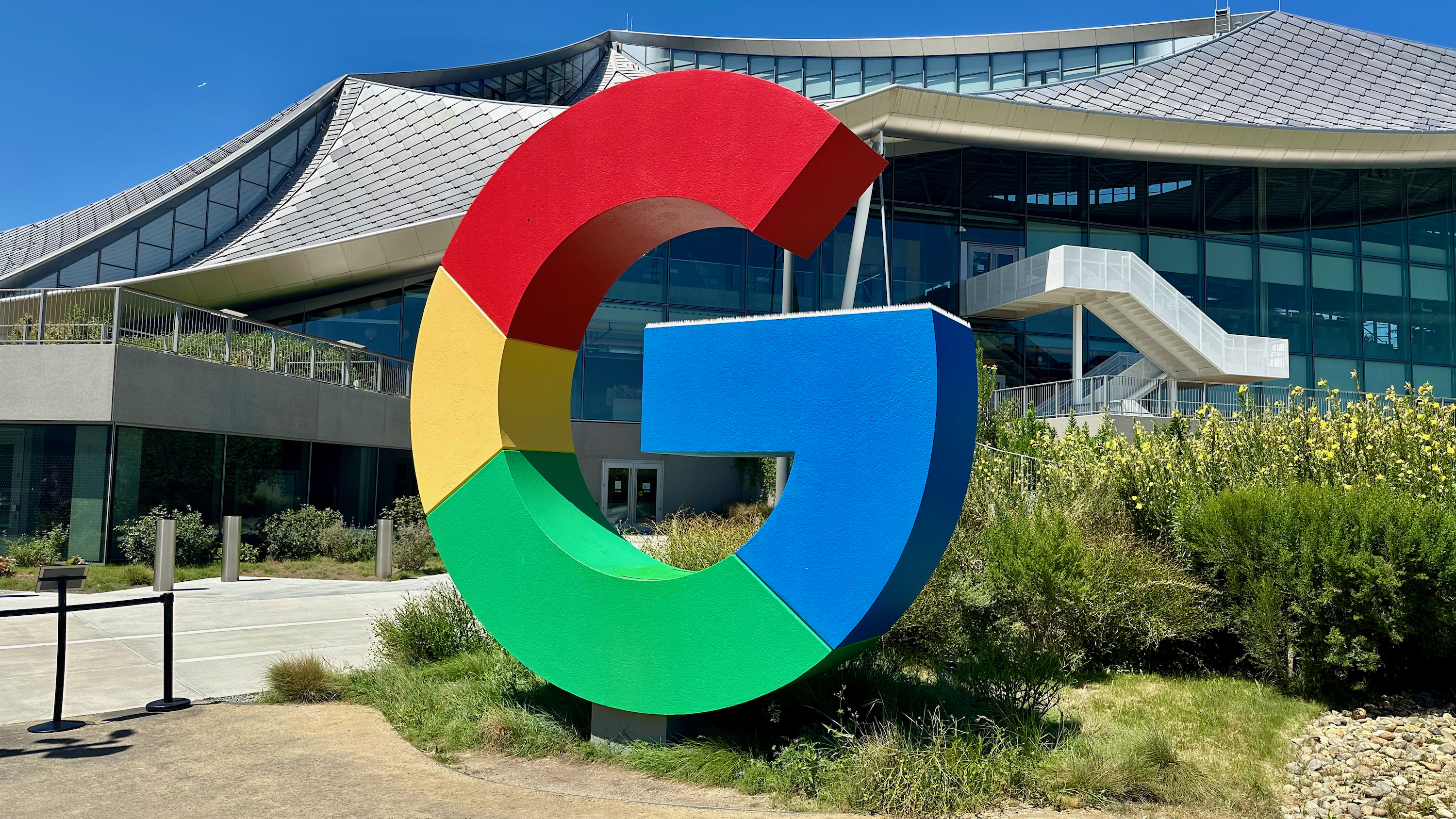
What you need to know
- According to a research paper by Google, Imagen 3 is a top performer, creating high-quality images from text and beating other models in tests.
- Imagen 3 has improved understanding of user prompts and includes safeguards against generating offensive or illegal content, unlike xAI’s more controversial Grok-2.
- Feedback suggests Imagen 3 has stricter restrictions compared to previous models, likely as a response to issues with Google's earlier Gemini model.
Google just rolled out Imagen 3, its updated AI-powered image generator, but instead of its usual big reveal, the tech giant chose to slip the advanced model into everyone's hands in the U.S. without much fanfare.
A research paper from Google, spotted by VentureBeat, describes Imagen 3 as a latent diffusion model that excels at creating high-quality images from text prompts. The paper also claims that Imagen 3 outperformed other models in tests.
Google first introduced its advanced image generator at its I/O conference in May. But it wasn’t until later this month that the company made it widely available through its Vertex AI platform.
The tech giant claimed major improvements in how well Imagen 3 understands user prompts. Like other AI image generators, it can create detailed visuals from text descriptions but has limits on generating offensive or illegal content. To prevent misuse, the model won’t produce images of public figures or any weapon-related visuals.
This is in contrast to xAI’s Grok-2, which has fewer restrictions and has become a hotspot for controversial images on the web.
User feedback reveals that Imagen 3 comes with tighter restrictions compared to earlier versions, reflecting the larger challenges surrounding AI image generators. These tools have sparked ongoing debates, with new AI-generated content frequently grabbing attention, stirring controversy, or dividing opinions online.
Google seems to be taking a cautious approach with Imagen 3’s rollout. It’s still unclear if it'll keep this conservative stance as the model evolves.
Google’s cautious approach with Imagen 3 might be a reaction to the backlash against its Gemini model earlier this year. After Gemini produced historically inaccurate images that distorted racial representation, Google paused its image generation to fix the problems.
The Mountain View-based company also mentioned that Imagen 3 will come in different versions tailored for various uses, like quick sketching or high-resolution image creation.
Users can also tweak images by choosing specific areas and giving detailed instructions. To check it out, head to Google’s AI Test Kitchen website, sign in with your Google account, and dive into the platform.







